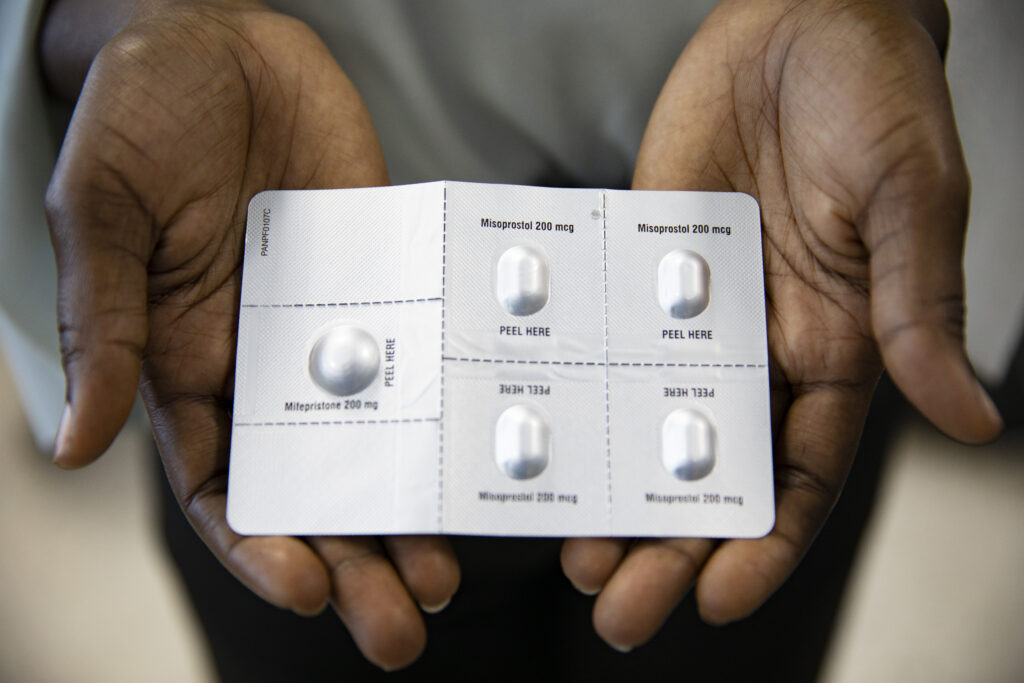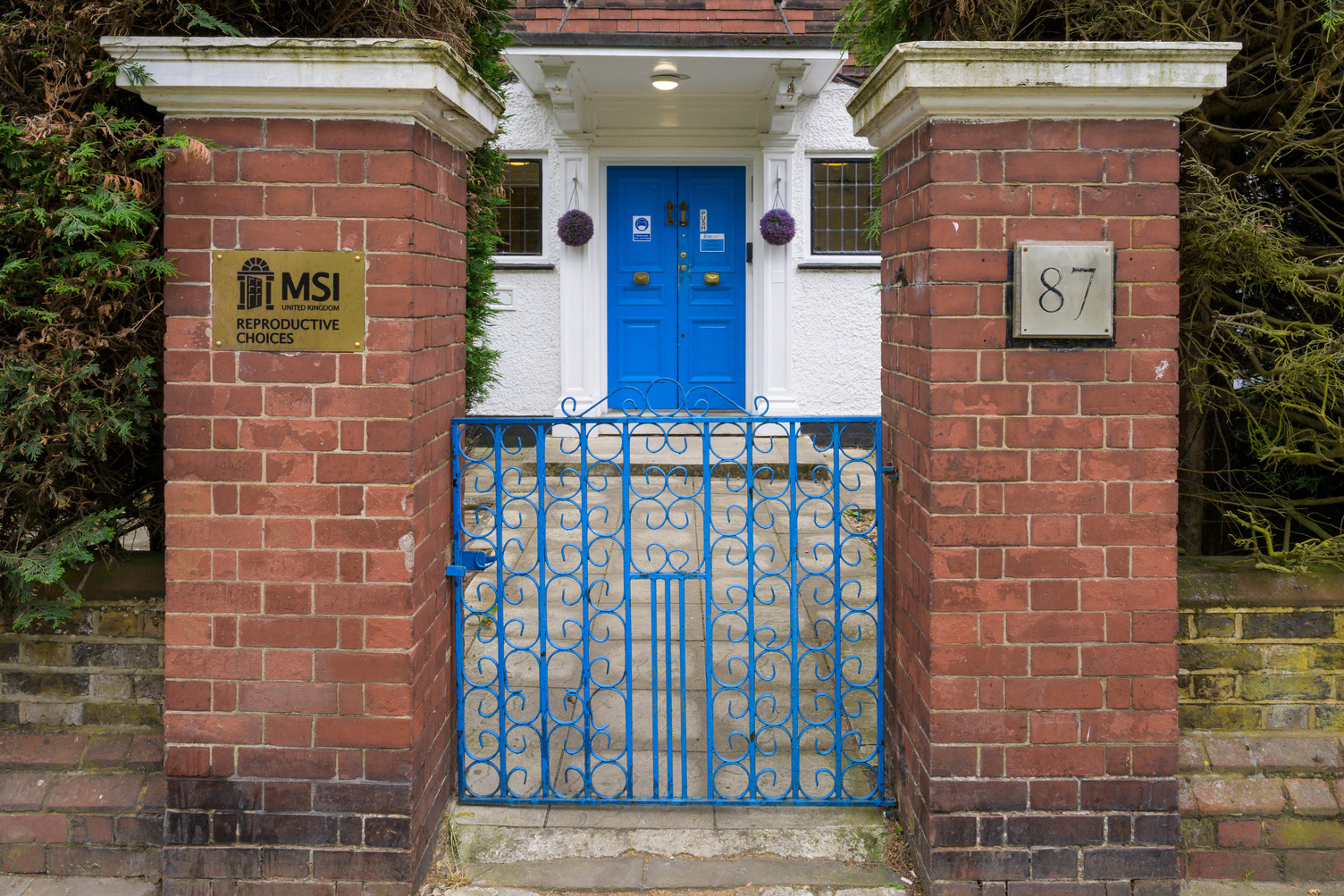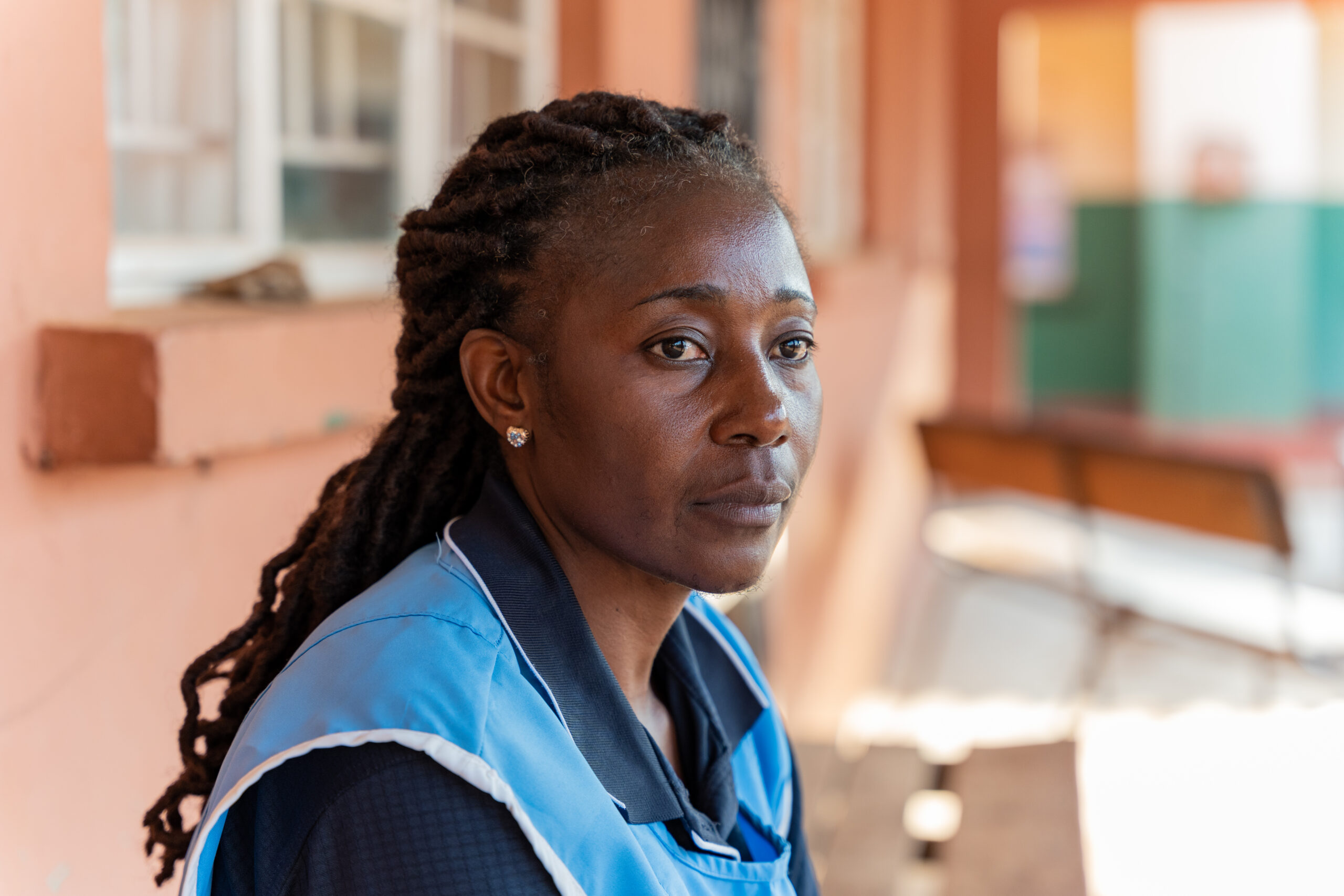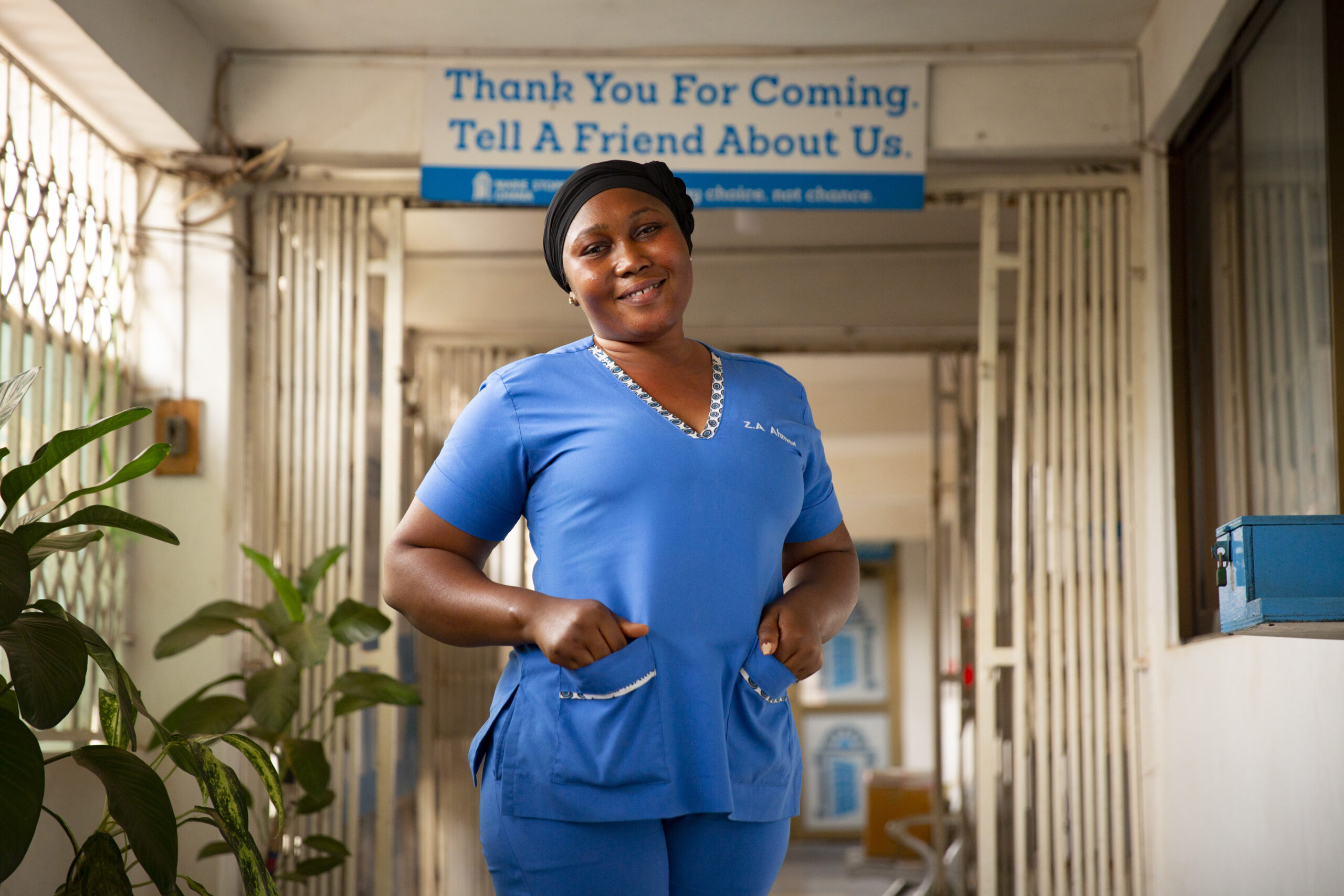
This International Women’s Day let’s get one thing straight: gender equality isn’t possible without abortion and contraception.
It’s a powerful statement but as I lead MSI’s delivery of reproductive healthcare to millions of women and girls across the African continent, it’s one I feel qualified to make.
Where I grew up in Ethiopia, our lack of access to information and services ruined lives. Someone I knew died by suicide after becoming pregnant because she didn’t know what to do. Another girl disappeared from class one day, never to return—we heard rumours that she’d drunk bleach to end her pregnancy. I still don’t know whether she lived or died.
These sorts of stories are not unique to Africa; it’s a global public health issue. I imagine how life would have turned out differently for these girls, and the 25 million women who resort to unsafe abortion every year, if they could access modern contraception and safe abortion care.
So, I’ve dedicated my career to expanding reproductive choice, helping women and girls make informed decisions about their bodies and futures on their own terms.
My years working in this field have enlightened me to the incredible power of reproductive choice. This is an issue that goes far beyond immediate healthcare and saving lives. Access to abortion and contraception is inextricably linked to getting an education, breaking cycles of poverty, social development, political participation—it cuts across many of the world’s global development goals.
Right now, only 57% of women are making their own informed decisions on sex and reproductive health. How can women have the agency to direct their own futures like men do when we’re denied a say over our own bodies? We can’t. Universal access to abortion and contraception is essential if we’re ever going to achieve global gender equality.
Unfortunately, access has never been—and still isn’t—guaranteed. Quite the opposite in fact, abortion is actively banned and restricted in many countries across the world, with the US recently joining those ranks by reversing Roe v. Wade. And over 200 million people who want modern contraception still can’t get it.
The stigma and disinformation surrounding these healthcare options, spread unabashedly by anti-choice groups, has resulted in laws that criminalise abortion, a lack of accurate sexual health education, and the shaming of people’s abortion experiences and reproductive choices.
As is often the case, it’s marginalised and low-income communities that are most affected. They’re the ones less likely to be able to access private healthcare or travel to other places where they can access the contraception they need or where abortion care is safe and legal. And not only does it make it difficult for people to access safe abortion care, in some cases abortion providers are put at risk of prosecution.
So, how can we stand for choice?
- We can talk about abortion accurately and in a way that busts stigma—see our abortion language guide to help you get started.
- We can share our abortion stories and not shy away from speaking about abortion with friends and on social media—abortion is normal, abortion is healthcare, and everyone deserves the right to choose. On International Women’s Day this year, join us in speaking out about abortion and reproductive choice online (use our International Women’s Day social media toolkit).
- We can donate to an abortion provider. You can donate to MSI’s global work providing abortion and contraception services, or find local abortion funds to support.
Thank you for standing for choice this International Women’s Day. Because the path to real and lasting gender equality must be paved with access to abortion and contraception.

By Banchi Dessalegn PhD, MSI Africa Director
#StandForChoice #IWD








